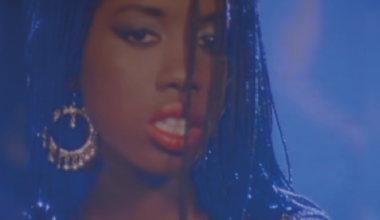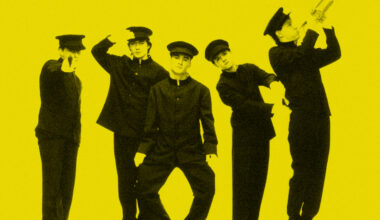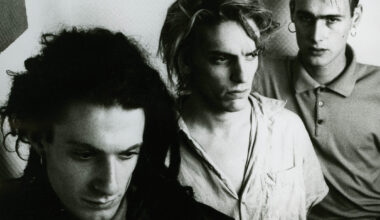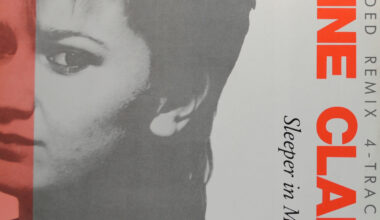Producer Richard X talks about his Girls On Top single ‘Being Scrubbed’, the pioneering 2001 mash-up of early Human League and TLC tracks
Want to read more?
Sign up to Electronic Sound Premium to gain access to every post, video, special offers, and more. 100%, all you can eat, no commitment, cancel any time.
Already a premium member? Log in here





